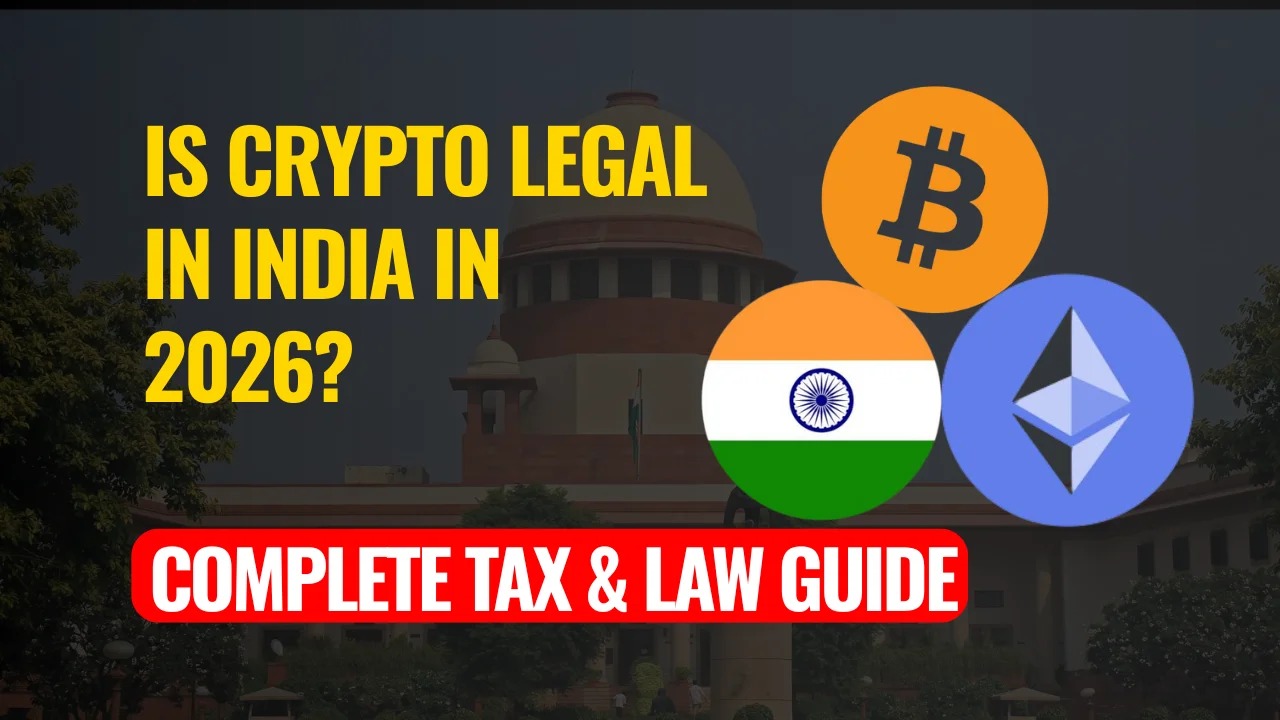@JUDGMENTTAG-ORDER
K. Chandru, J.@mdashThe petitioner is a Cotton Mill represented by its Managing Partner and they have come forward to challenge the order, dated 06.08.2010. By the impugned order, the first respondent, the Employees Provident Fund Appellate Tribunal, rejected the petitioner''s appeal in ATA No. 538(13)2007, dated 06.08.2010. The petitioner seeks to challenge the Tribunal order which confirms the order of the second respondent, namely the Regional Provident Fund Commissioner, dated 29.06.2007 and wants to set aside both the orders.
2. When the writ petition came up for admission, the standing counsel for the second respondent, Mr. G.R. Swaminathan took notice and notice of motion was ordered and interim stay was granted on condition the petitioner paying 50% of the amount covered by the impugned orders, within four weeks.
3. The short point arises for consideration is that since the mill has incurred huge loss and become a sick unit, the levy of damages was valid. Reliance was placed upon the judgment of this Court in Shanti Garments V. Regional Provident Fund Commissioner reported in 2003 (2) LLN 850. However, the authorities have rejected the same on the condition that the default in delayed payment had been admitted by the petitioner and despite deducting the contribution from the employees, the same was not deposited to the authorities and it is a clear case of malafide exercise on the part of the petitioner in retaining the amount deducted from the salaries of the employees. The problem of sicking is a common problem afflicting with the industries and hence, the authorities in the light of the judgment reported in 2001 (2) LLJ 518 (Vikram Poddar v. Regional Provident Fund Commissioner) held that there is no case made out.
4. In the grounds of appeal before the Tribunal, the petitioner contended that there is a five years delay in recovering the amount and the act was neither willful nor wanton and it was not open to the respondents to levy maximum damages, when the textile industries is facing continuous recession, instead of taking lenient view in the matter.
5. In the counter filed by the Department this was resisted. It was contended that there was no limitation for levying damages u/s 14-B and reliance was placed upon the judgement in Elsons Cotton Mills Ltd. Vx. RPFC (2001 (1) SCT 1101). He also referred to the Judgment of the Supreme Court in
6. It must be noted that under 2nd proviso to Section 14-B of the Act, Central Board itself has been empowered to either reduce or waive the damages levied under this Section in relation to an establishment which is a sick industrial company and in respect of which a Scheme for rehabilitation has been sanctioned by the Board of Industrial and Financial Reconstruction.
7. Though the power u/s 7-I of the Act is not similar as that of the power given under 2nd proviso to Section 14(B) of the Act, the petitioner''s contention that there was a long delay in recovery and the sickness was not accounted and maximum penalty is levied, cannot be accepted.
8. The question of delay has been squarely considered by the Supreme Court in
19. Now the Act does not contain any provision prescribing a period of limitation for assessment or recovery of damages. The monies payable into the Fund are for the ultimate benefit of the employees but there is no provision by which the employees can directly recover these amounts. The power of computation and recovery are both vested in the Regional Provident Fund Commissioner or other officer as provided in Section 14-B. Recovery is not by way of suit. Initially, it was provided that the arrears could be recovered in the same manner as arrears of land revenue. But by Act 37 of 1953 Section 14-B was amended providing for a special procedure under Sections 8-B to 8-G. By Act 40 of 1973 Section 11 was amended by making the amount a first charge on the assets of the establishment if the arrears of employee''s contribution were for a period of more than 6 months. By Act 33 of 1988, the charge was extended to the employee''s share of contribution as well.
20. In spite of all these amendments, over a period of more than thirty years, the legislature did not think fit to make any provision prescribing a period of limitation. This in our opinion is significant and it is clear that it is not the legislative intention to prescribe any period of limitation for computing and recovering the arrears. As the amounts are due to the Trust Fund and the recovery is not by suit, the provisions of the Indian Limitation Act, 1963 are not attracted. In Nityananda M. Joshi v. LIC of India 5, it has been held that the Limitation Act, 1963 has no application to Labour Courts and, in our view, that principle is equally applicable to recovery by the authority concerned u/s 14-B. Further in Bombay Gas Co. Ltd. v. Gopal Bhiva 6 it has been held that in respect of an application u/s 33(c)(2) of the Industrial Disputes Act, 1947, there is no period of limitation. In that context, it was stated that the courts could not imply a period of limitation. It was observed:
It seems to us that where the legislature has made no provision for limitation, it would not be open to the courts to introduce any such limitation on the grounds of fairness or justice.
(Emphasis supplied)
The above decisions have been recently accepted in Mukri Gopalan v. Cheppilat Puthanpurayil Aboobackar 7 (SCC at pp. 20-22) to which one of us (Majmudar, J.) was a party while dealing with the applicability of Section 29(2) of the Limitation Act, 1963 to Courts or Tribunals. We may also point out in this connection that several High Courts have rightly taken the view that there is no period of limitation for exercise of the power u/s 14-B of the Act.
9. Further after considering the above-said judgment, the Supreme Court in
4. These two contentions stood rejected by the High Court. Firstly, that delay in initiating proceedings u/s 14-B of the Act will not be a ground for setting aside an order imposing damages unless specific plea of prejudice is raised before the Provident Fund Commissioner and established and further that the instructions given by the Central Government do not have any binding force. The High Court adverted to the decision of this Court in Hindustan Times Ltd. v. Union of India 1 to reach this conclusion. In that case, this Court examined the scheme of the provisions of the Act in relation to delay in passing of the order. It was stated that the mere fact that the proceedings are initiated or demand for damages is made after several years cannot, by itself, be a ground for drawing an inference of waiver or that the employer was lulled into a belief that no proceedings u/s 14-B would be taken and mere delay in initiating such action cannot amount to prejudice inasmuch as such delay would result in allowing the employer to use the monies for his own purposes or for his business especially when there is no additional provision for charging interest on such amount. However, the employer can claim prejudice if there is proof that between the period of default and the date of initiation of action u/s 14-B he has altered his position to his detriment to such an extent that if the recovery is made after a large number of years, the prejudice to him is of an irretrievable nature, and such prejudice can also be established by stating reason of non-availability of records of the personnel by which evidence it could be established that there was some basis for delay in making the payments. Therefore, this Court was of the opinion that such delay, by itself, would not result in any prejudice. In the present case, the High Court found that no such prejudice was either pleaded or proved. Hence the first contention stands rejected.
10. In the present case, the further allegation against the petitioner was that they also retained the deductions made towards employees share of the provident fund and it would add to the misconduct of the petitioner-employer. Therefore, they cannot here to say as if there was no willful default in payment and this Court is not inclined to interfere with the order passed by the Tribunal confirming the order of the Provident Fund authorities. Hence there is no case made out. Accordingly, the writ petition stands dismissed. Consequently, connected miscellaneous petitions are closed. No costs.

